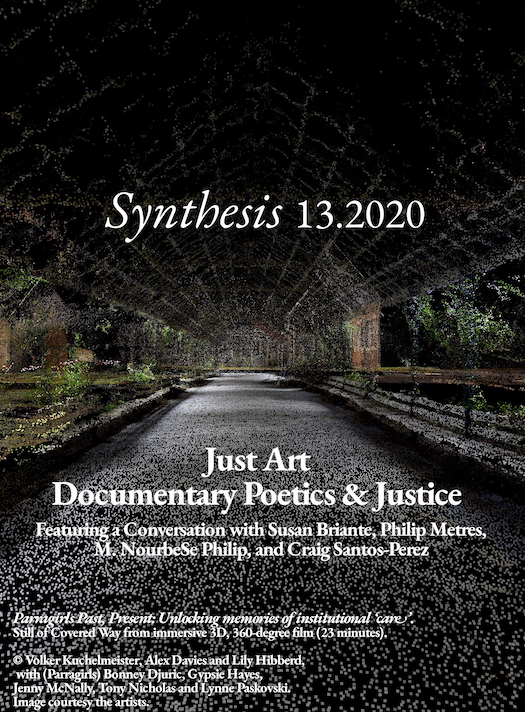What Testimony Does to Literature

Abstract
This article sheds light on a literary practice that critics began to reflect upon in the twentieth century: witnessing. This genre, by adopting a narrative model based on statements of evidence presented in the courtroom, distinguishes itself from other forms of expression practiced by witnesses. Survivors of political violence take up their pens and describe the situation they have been subjected to, so as to attest to historical facts and prevent erasure of the event through forgetting, denial or negation. This enterprise, which seeks to document lived experience and thereby pay homage to victims who did not survive, constitutes both a source of evidence for legal procedure and a contribution to the writing of history. Witnessing, however literary it may be, is founded on a pact of veracity, in which witnesses are bound to relate no more than their own experience and to do so with precision. Finally, witness accounts are addressed to society at large or even to humanity as a whole, in the hope of emancipating it from such violence by raising awareness of its intolerable nature. Though witnessing still lacks legitimacy within the literary field, the link it establishes between ethical, aesthetic and political positions makes this genre exemplary of what literature is capable of.
Article Details
- Section
- Articles

This work is licensed under a Creative Commons Attribution 4.0 International License.
The copyright for articles in this journal is retained by the author(s), with first publication rights granted to the journal. By virtue of their appearance in this open access journal, articles are free to use with proper attribution. Synthesis retains the worldwide right to reproduce, display, distribute, and use published articles in all formats and media, either separately or as part of collective works for the full term of copyright. This includes but is not limited to the right to publish articles in an issue of the Journal, copy and distribute individual reprints of the articles, authorize reproduction of articles in their entirety, and authorize reproduction and distribution of articles or abstracts thereof by means of computerized retrieval systems.



